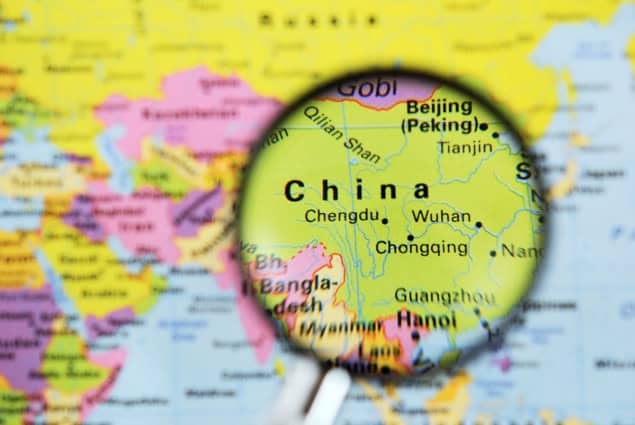
International research collaborations will be increasingly led by scientists in China over the coming decade. That is according to a new study by researchers at the University of Chicago, which finds that the power balance in international science has shifted markedly away from the US and towards China over the last 25 years (Proc. Natl. Acad. Sci. 122 e2414893122).
To explore China’s role in global science, the team used a machine-learning model to predict the lead researchers of almost six million scientific papers that involved international collaboration listed by online bibliographic catalogue OpenAlex. The model was trained on author data from 80 000 papers published in high-profile journals that routinely detail author contributions, including team leadership.
The study found that between 2010 and 2012 there were only 4429 scientists from China who were likely to have led China-US collaborations. By 2023, this number had risen to 12714, meaning that the proportion of team leaders affiliated with Chinese institutions had risen from 30% to 45%.
Key areas
If this trend continues, China will hit “leadership parity” with the US in chemistry, materials science and computer science by 2028, with maths, physics and engineering being level by 2031. The analysis also suggests that China will achieve leadership parity with the US in eight “critical technology” areas by 2030, including AI, semiconductors, communications, energy and high-performance computing.
China overtakes the US in terms of research quality, finds study
For China-UK partnerships, the model found that equality had already been reached in 2019, while EU and China leadership roles will be on par this year or next. The authors also found that China has been actively training scientists in nations in the “Belt and Road Initiative” which seeks to connect China closer to the world through investments and infrastructure projects.
This, the researchers warn, limits the ability to isolate science done in China. Instead, they suggest that it could inspire a different course of action, with the US and other countries expanding their engagement with the developing world to train a global workforce and accelerate scientific advancements beneficial to their economies.




